The Minister of Foreign Affairs, Shaikh Khalid bin Ahmed bin Mohammed Al Khalifa, participated in the extraordinary session of the Arab League Council at the ministerial level regarding the Turkish aggression against Syria, which was held today at the Secretariat General of the League of Arab States’ headquarters in Cairo, Egypt, according to a report by Bahrain News Agency
The Minister expressed his gratitude to the brotherly Arab Republic of Egypt for its invitation to hold this meeting to discuss the military attack of the Turkish Republic on the northeast of the Syrian Arab Republic and to ensure a unified Arab position on this serious development.
Shaikh Khalid stressed that this aggression is a violation of the rules of international law and an attack on the sovereignty and territorial integrity of Syria, which must be safeguarded, protected and have its brotherly people defended as an integral part of the Arab nation with its history, present and future, and work to meet its aspirations for security, development and prosperity, stating that the so-called buffer zone must have a clear political cover. The Minister also affirmed the rejection of aggression and interference by any party, whether from Turkey, Iran or Israel, and that this Turkish aggression on Syria requires a unified position to deter any transgression on any Arab land.
Shaikh Khalid bin Ahmed Al Khalifa emphasized the importance of safeguarding the Arab national security and facing all the threats facing it in a comprehensive manner for all issues. He also noted the need for the Security Council to meet its responsibilities immediately and without hesitation in stopping this aggression in order to maintain international peace and security and to convey a clear message to the international community.
The extraordinary session of the Arab League Council at the ministerial level adopted a resolution condemning the Turkish aggression on Syrian territory as a clear violation of the principles of the United Nations Charter and the Security Council resolutions that call for the preservation of the unity and independence of Syria, resolution 2254 in particular, considering it a direct threat to the Arab national security and international peace and security and assuring that every Syrian effort to confront this aggression and defend Syrian territory is an application of the inherent right of the principle of legitimate self-defense in accordance with Article 51 of the Charter of the United Nations. It also called for an end to the aggression and the immediate and unconditional withdrawal of Turkey from all Syrian territories, stressing that this aggression against Syria is a continuation of the Turkish interventions and repeated and unacceptable attacks on the sovereignty of member states of the Arab League. In addition, it emphasized categorical rejection of any Turkish attempt and all other attempts targeting to impose demographic changes in Syria through the use of force within the framework of the so-called “buffer zone”, considering it a breach of international law that the international community must confront and prevent, as it poses a serious threat to the unity, independence and cohesion of Syria’s social fabric. It also stressed the need to respect international law with regard to the return of Syrian refugees.
The resolution also held Turkey fully responsible for any repercussions of its aggression on the spread of terrorism or the return of terrorist organizations, including ISIS, to their activities in the region, calling on the Security Council, especially the permanent members, to take all necessary measures immediately to ensure that Turkey bears responsibility for not allowing foreign terrorist fighters to infiltrate out of Syria, or regain power inside it, which will undermine the battles won against terrorism and threaten regional and international security.
The resolution reaffirmed the unity and independence of Syria and stressed the importance of the immediate commencement of political negotiations under the United Nations auspices, especially within the framework of the Constitutional Committee, which was announced recently, to implement the elements contained in the Security Council Resolution 2254, to reach a political settlement to the Syrian crisis and to end the suffering of the Syrian people, stressing that there is no military solution to the crisis and noting the necessity of adopting the political track as the only way to settle it and resolve all its repercussions in a manner that ensures compliance with international law, achieving the security of Syria, its neighbors and the countries of the region and leads to the departure of all foreign forces from its land, allowing Syria to regain its role in the joint Arab action system. It also called on the UN Security Council to take the necessary measures to stop the Turkish aggression and withdraw from Syrian territory immediately, and urged all members of the international community to act in this context while working to prevent Turkey from obtaining any military or information support to help it in its aggression.
The Secretary-General of the League of Arab States was also mandated to make contacts with the Secretary-General of the United Nations, to convey the content of the League Council resolution and to circulate it to the United Nations membership as an official document, and consider -in coordination with the Arab member of the Security Council- to arrange a visit to an open-ended Arab ministerial delegation to the Council to follow up the matter and work to stop the Turkish aggression on Syrian territory. The resolution provided for the consideration of diplomatic, economic, investment, cultural and tourism measures and military cooperation in the face of Turkish aggression. It also instructed the Arab Group in New York to discuss ways to address the Turkish aggression within the various United Nations organs, especially the Security Council, and to submit its recommendations to the Arab League Council in this regard as soon as possible, as well as calling for the formation of an Arab committee to follow up “Turkish interventions in Arab countries” and submit its recommendations to the League Council at the ministerial level.






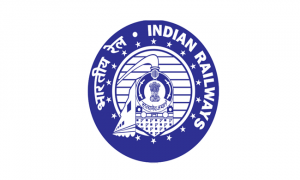



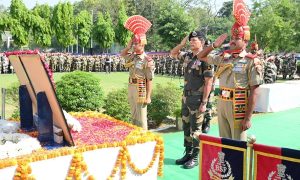

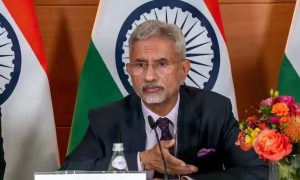

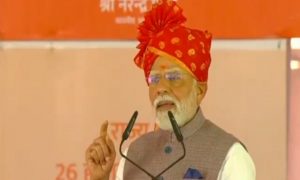



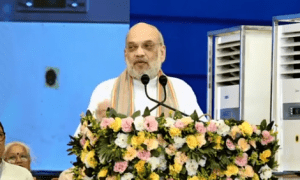

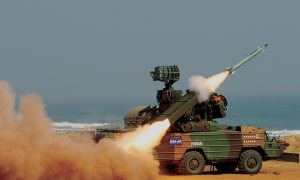

 WhatsApp us
WhatsApp us